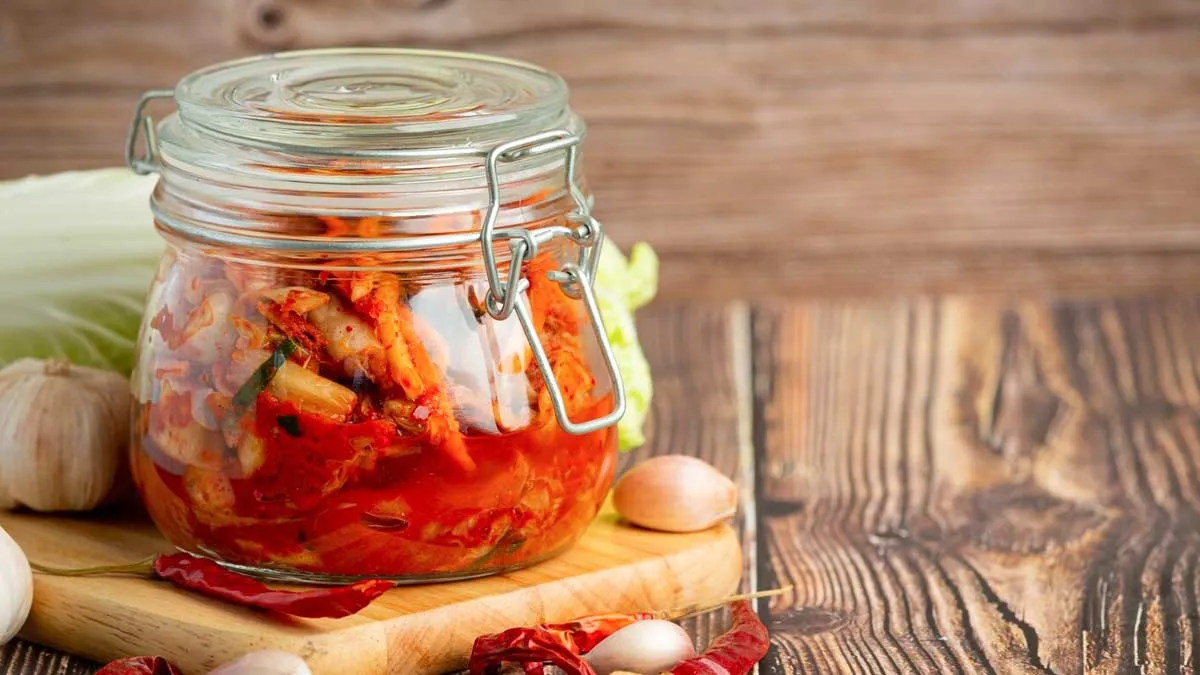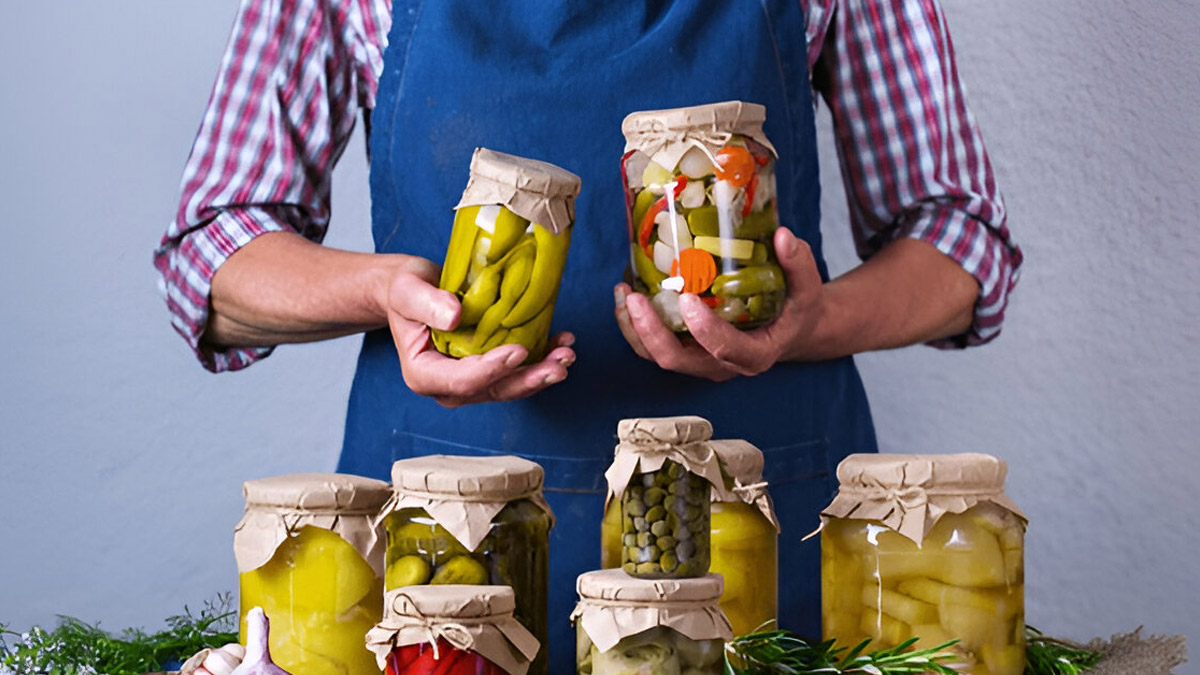
Fermented foods have gone from niche health shop shelves to lunchboxes, recipe blogs, and supermarket aisles. Kombucha, kimchi, kefir, sauerkraut, and miso — all are now packaged as ‘gut-healing’ staples. They do have benefits. However, the current culture of daily and sometimes excessive consumption has raised a quieter question among dietitians and gastroenterologists: can overdoing fermented foods tip the gut out of balance instead of improving it?
Table of Content:-
We spoke to Dr Akash Chaudhary, Clinical Director and Senior Consultant Medical Gastroenterology, CARE Hospitals, Banjara Hills, Hyderabad, who shared insights on the same.
What Fermentation Offers

Fermentation is essentially controlled microbial work. “Bacteria or yeast break down sugars and starches, creating organic acids, gases, and sometimes alcohol. This process preserves food and, in many cases, changes its nutrient profile for the better. Some products, not all, contain live microorganisms. These probiotics, in the right strains and amounts, can support microbial diversity, aid digestion, and even influence immune responses,” explained Dr Chaudhary.
Clinical evidence exists for targeted benefits: reduced risk of antibiotic-related diarrhoea, relief for some people with irritable bowel syndrome, and improved tolerance to lactose. However, these outcomes are tied to specific strains, in specific doses, in specific contexts. That detail often gets lost when ‘fermented’ is treated as a universal prescription.
Also Read: Heal Your Gut, Boost Your Brain: The Power of Probiotics and Fermented Foods
Where Excess Starts to Show Up
Digestive upset from biogenic amines

Fermented foods vary in their levels of histamine, tyramine, and related compounds. “For those with histamine intolerance, large servings can indicate bloating, cramping, skin flushing, headaches, or loose stools. The acidity of kombucha and the chilli in kimchi can aggravate reflux or gastritis, especially in already sensitive stomachs,” said Dr Chaudhary.
Microbial crowding in delicate guts
A healthy gut microbiome depends on diversity. Focusing too heavily on one or two probiotic-rich foods can disrupt that balance. In people with certain vulnerabilities, such as those recovering from serious illness, living with small intestinal bacterial overgrowth (SIBO), or taking immune-suppressing medication, this imbalance may worsen symptoms or, rarely, allow bacteria to enter the bloodstream. According to a 2017 study, kombucha contains FODMAPs, a group of carbohydrates that may trigger digestive issues in many individuals, especially those with IBS.
Hidden sugar and salt

Kombucha still carries residual sugar after fermentation, and commercial versions often have extra sweetener. Over time, high sugar works against metabolic and dental health. Kimchi and other salted ferments can be sodium-heavy, a problem for those managing blood pressure, heart disease, or kidney issues.
Drug interactions
Foods rich in tyramine, like aged kimchi or miso, can interfere with monoamine oxidase inhibitors (MAOIs) prescribed for certain psychiatric or neurological conditions. The result can be dangerous blood pressure spikes.
Also Read: Should People With IBS Have Fermented Foods? A Gastroenterologist's Insight
The ‘Unlimited Probiotics’ myth
Many marketing claims for fermented foods are loosely based on probiotic research, which is often conducted on supplements with carefully measured strains. “Not all fermented foods contain the same organisms, or any live cultures at all if they've been pasteurised or stored for too long. Even when the microbes are present, the gut's reaction is highly individual. One person's beneficial shift can be another's trigger for gas, bloating, or changes in bowel habits, especially if intake increases suddenly," added Dr Chaudhary.
Striking the Right Balance

For most healthy adults, one to two varied servings of fermented foods per day are reasonable. Variety matters; mixing fermented foods with plenty of fibre from vegetables, legumes, fruits, and whole grains feeds a broad range of microbes instead of favouring a few.
Those with inflammatory bowel disease, SIBO, histamine sensitivity, kidney disease, or reduced immunity should increase their intake of fermented foods gradually and with medical guidance. This approach gives the gut a chance to adapt and makes it easier to spot potential intolerance.
When to Take a Step Back
Medical review is wise if high fermented food intake is followed by:
- Ongoing bloating, abdominal pain, or diarrhoea
- Skin flushing, unexplained rashes, or headaches
- Worsening of reflux symptoms
- Fever or signs of infection in those with weak immunity
- If needed, cutting back on high-histamine or high-sodium ferments often brings relief
Bottomline
Dr Chaudhary concluded, “Fermented foods are not the enemy, nor are they an unlimited cure. They work best as part of a broad, balanced diet, not as a single “superfood” relied on daily in large amounts. Gut health thrives on moderation, variety, and overall nutrient quality, not just the number of bacteria in a jar or bottle.”
Also watch this video
How we keep this article up to date:
We work with experts and keep a close eye on the latest in health and wellness. Whenever there is a new research or helpful information, we update our articles with accurate and useful advice.
Current Version